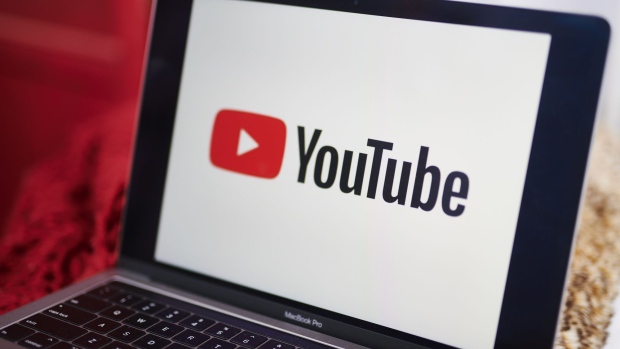
Google faces sanctions dilemma with pro-Russia YouTube channels
BNN Bloomberg
With sanctions on Russia ramping up following its invasion of Ukraine, Google’s YouTube is under pressure to remove or cut commercial ties with some of its most prolific pro-Russian channels.
With sanctions on Russia ramping up following its invasion of Ukraine, Google’s YouTube is under pressure to remove or cut commercial ties with some of its most prolific pro-Russian channels.
The online video giant has a massive reach in Russia and has long been a popular platform for both government critics and state-backed media. But now officials in the U.S., the U.K. and Europe are discussing restrictions that could target groups and people with huge audiences on the platform, creating a dilemma for the Alphabet Inc.-owned business.
European Union sanctions, for instance, would target Vladimir Solovyov, a TV and radio journalist behind a YouTube channel with more than 1 million subscribers. An EU report issued on Wednesday said that “Solovyov is known for his extremely hostile attitude toward Ukraine and praise of the Russian government.” A four-hour video livestream published overnight on his YouTube channel about the Russian military attacks had over 2.7 million views within its first nine hours. That video also ran advertisements, at least for U.S. viewers.
Representatives for YouTube didn’t immediately respond to requests for comment.
Earlier this week, President Joe Biden banned the supply of “goods, services or technology” to entities operating in Ukraine’s separatist Donetsk and Luhansk regions. One TV network connected to the Donetsk separatists has more than 200,000 subscribers on YouTube and has published over 25 videos about the Ukraine conflict in the past day.
YouTube has ad partnerships with companies and figures in Russia that have been included on lesser sanction restrictions, according to Omelas, a geopolitical analysis firm. Those ties don’t break existing laws, but they show how deep Google’s commercial relationship is with groups close to Russia’s government, said Ben Dubow, an Omelas co-founder.
